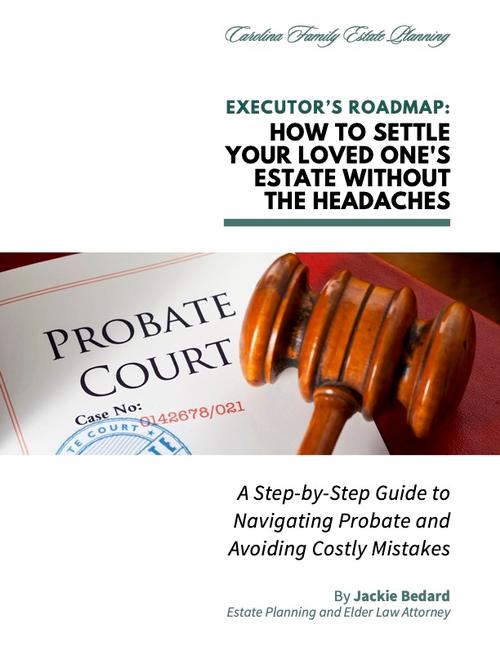There are several inaccurate myths pertaining to the administration process that should be addressed. Many people are under the mistaken impression that when someone passes away, the family should race to the bank and immediately close all accounts. Not only is this unnecessary (and depending on the circumstances, you may not even be legally authorized to do so) but doing so may cause an adverse tax consequence and can cause significant problems with the proper administration of the estate.
It may, however, be prudent to notify the bank of the Decedent’s death. If notified, the bank will typically block any further charges to the account from expenses that may be on direct debit or online bill pay. This can prevent the account from going into overdraft status and getting charged overdraft fees by the bank.

